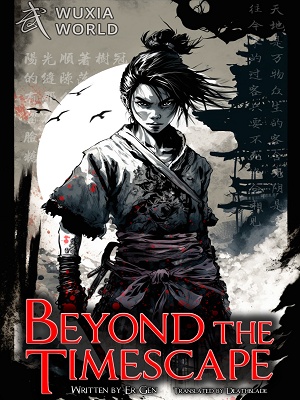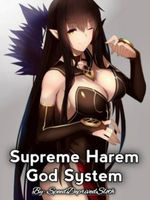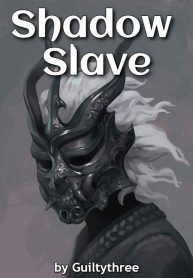Chapter 140: The Grand Order from North America (2)
Joseph was deeply engrossed in his laboratory, working on a new creation. It was a gift he intended to present to Napoleon, a new toy for the Italian campaigna Mini ball rifle.
During this era, rifled muskets already existed, but their slow reloading speed made them nearly useless outside of hunting. The early rifled musket bullets were slightly larger than the barrel, requiring the shooter to hammer and ram the bullet down the barrel, a laborious and time-consuming process. In contrast, smoothbore muskets could fire seven or eight rounds in the time it took to load a single shot with rifled muskets.
However, the Mini ball changed everything. In the original history, this bullet was jointly invented around 1849 by French captains Claude-tienne Mini and Henri-Gustave Delvigne. The Mini ball had a slightly smaller caliber, eliminating the awkwardness of loading due to oversized bullets.
The bullet had threads around the body to engage the rifling, with animal fat lubricated in the grooves. This innovation was later adopted by the British, who unknowingly used bullets lubricated with pig or cow fat, leading to the Indian Rebellion.
At the base of the bullet, a soft material was used. When fired, the pressure of the gunpowder gas expanded the soft material, creating a tight seal in the barrel. This solved the problem of gas leakage in old-style muzzleloading rifles, enhancing their speed, range, and safety.
Although the Mini ball was invented decades later, its implementation was relatively simple at this time. The advantages it brought in terms of tactics were immense.
Firstly, it allowed rifled muskets to match smoothbore muskets in terms of reloading speed, rendering smoothbore muskets almost obsolete. A typical smoothbore musket had an effective range of less than one hundred yards, but a rifled musket using Mini balls could accurately engage targets up to five hundred yards away.
Before the Mini ball, both the British and the Russians believed that "bullets are for fools, bayonets for heroes," often advancing to close quarters combat on the battlefield. However, if their enemies were equipped with rifles capable of effectively firing at five hundred yards, the valor of the British and Russian armies would become a joke. Hand-to-hand combat would no longer hold its esteemed place.
In the age of smoothbore muskets, infantry had to form tight formations on the battlefield to counter the threat of cavalry. However, with the introduction of the Mini ball, cavalry charging infantry was practically suicidal. The cavalry's role diminished significantly.
Joseph had only a vague understanding of history and was unaware of the legendary figure in American history before this time. The man before him, a French-speaking American with a distinct Bordeaux accent, was none other than Stephen Girard, who would go on to become North America's shipping magnate and the first individual in American history to accumulate wealth exceeding one million dollars. But, these accomplishments lay in the future, and at this moment, he was just starting his impressive career.
Stephen Girard had a sailor's background and had a particular fascination with various types of ships. When he first saw the "Black Pearl" in New York's harbor and learned about its performance, he immediately realized that if the ship's cargo capacity could reach five hundred tons, it would be far more efficient than the average sailboat. With his sharp instincts, this French-American returned to France to study this vessel further.
Over the next two days, Joseph and Stephen Girard engaged in grueling negotiations, with both sides pretending to be impoverished, trying to motivate each other, and professing that the discussions had deepened their mutual understanding. Finally, they reached an agreement on a strategic partnership.
According to the agreement they signed, Stephen Girard would place a one-time order for seven five-hundred-ton clipper ships at the Bonaparte Research Institute's affiliated shipyard. He would prepay the full purchase price for five of these ships, with the remaining amount to be paid upon delivery.
The Bonaparte Research Institute committed to transferring the complete technology required for constructing these clipper ships to Stephen Girard. They also pledged to send technical advisors to Stephen Girard's shipyard in New York, guaranteeing that these advisors would be paid a salary at least 1.5 times the wages of their French counterparts. The Bonaparte Research Institute also vowed to ensure that the Girard Shipyard in New York would master the technology for clipper ship construction within two years.
Stephen Girard promised that for the next fifteen years, for each clipper ship produced by Girard Shipyard, he would pay a technology usage fee to the Bonaparte Research Institute, at a rate of one dollar per ton of cargo capacity.
The Bonaparte Research Institute pledged not to sell this technology to other manufacturers during this period. However, if they did sell clipper ships to other North American companies, they would be compensated by Stephen Girard at a rate of 1.5 dollars per ton of cargo capacity.
....
Hello there! We've just hit the fantastic milestone of 140 Chapters. Your invaluable feedback and ratings mean the world to me. Please take a moment to rate this novel at Novelupdate.







